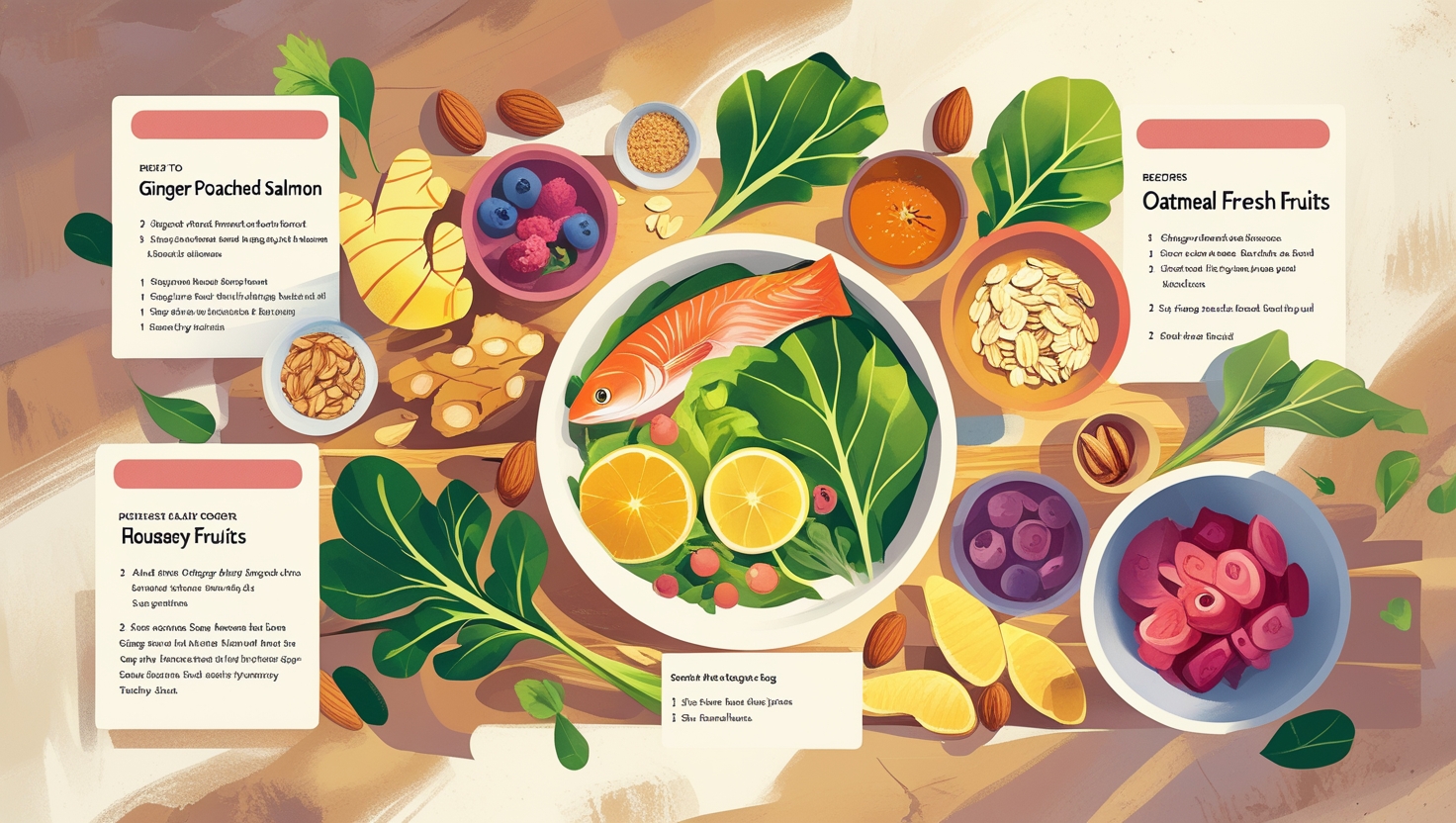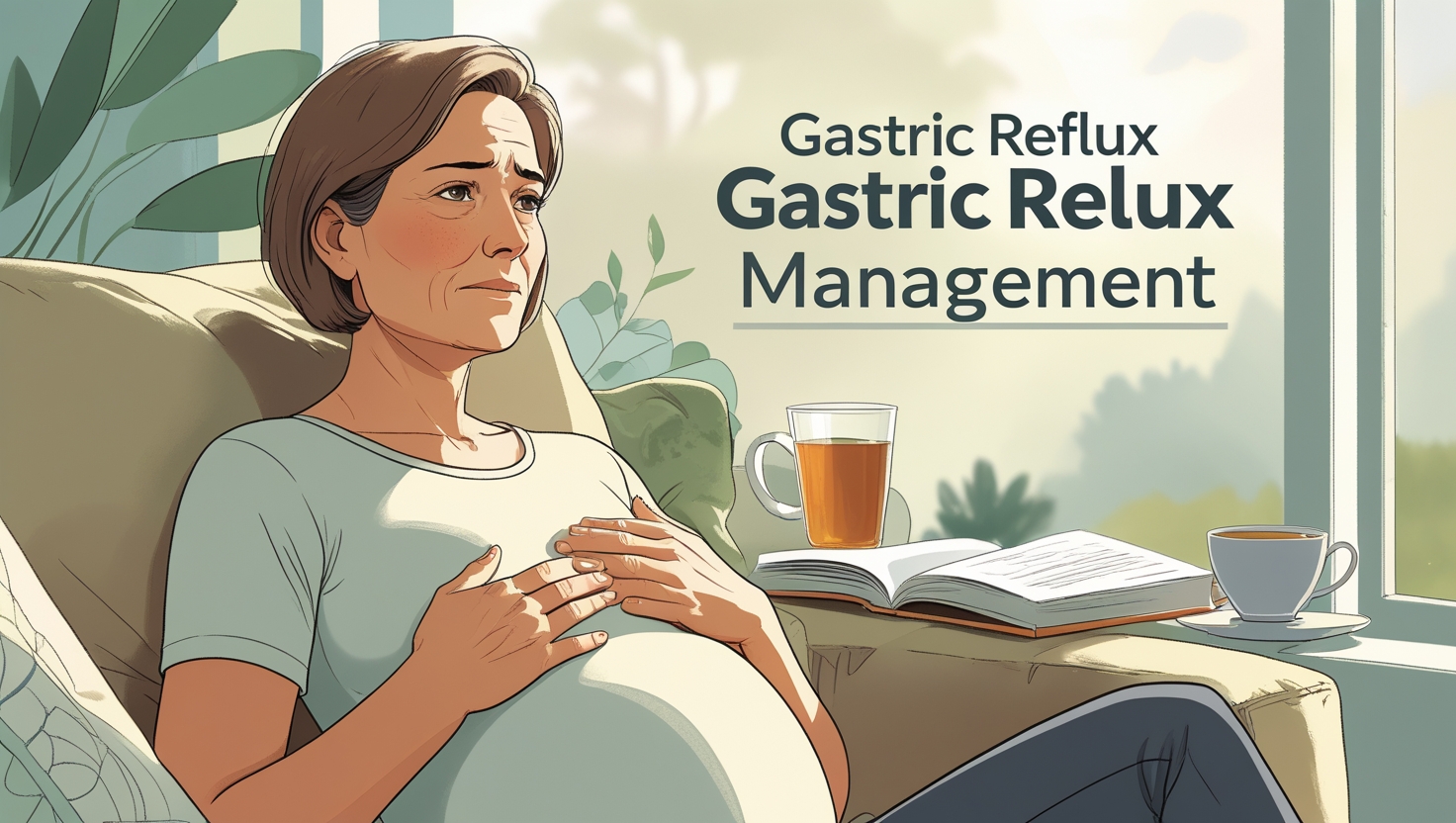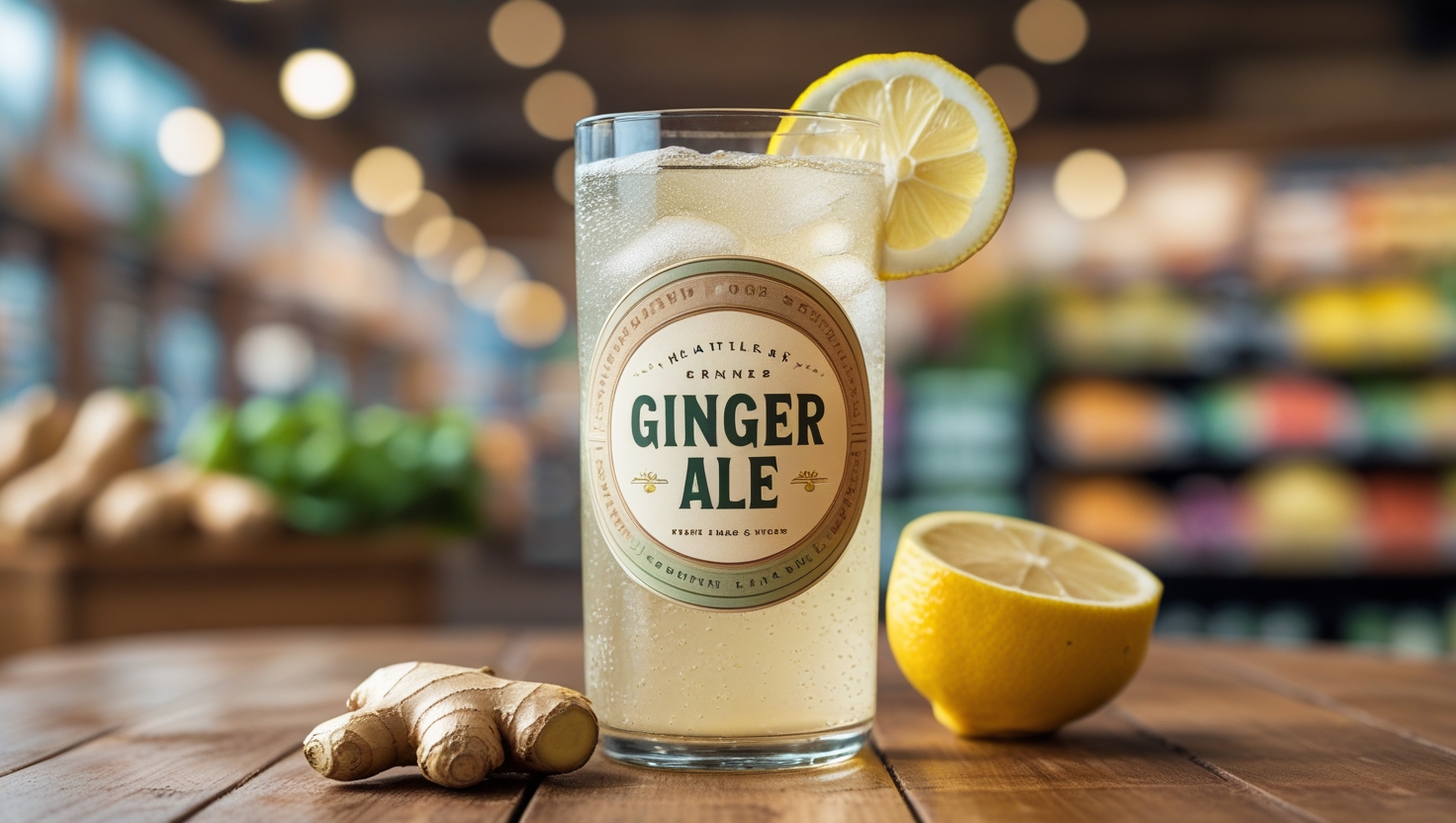Reflux Treatment Methods: Your Complete Guide to Lasting Relief

Struggling with heartburn and acid reflux? You're not alone! Millions of people worldwide deal with gastroesophageal reflux disease (GERD) daily. This comprehensive guide explores various reflux treatment methods—from simple lifestyle tweaks to advanced medical procedures—helping you find the relief you've been searching for.
Understanding Acid Reflux: What's Really Going On?
Picture this: you've just finished a delicious meal, and suddenly—WHAM!—that familiar burning sensation creeps up your chest. Sound familiar? Well, you're experiencing what happens when stomach acid decides to take an unauthorized trip up your esophagus. It's like having an unwelcome visitor who just won't leave!
Gastroesophageal reflux disease (GERD) occurs when the lower esophageal sphincter (LES)—think of it as a one-way valve—doesn't close properly. This allows stomach contents to flow backward, causing that trademark burning sensation we call heartburn. But here's the kicker: GERD isn't just about occasional discomfort. Left untreated, it can lead to serious complications including esophageal damage, respiratory problems, and even increased cancer risk.
Lifestyle Modifications: The Foundation of Reflux Treatment Methods
Dietary Changes That Actually Work
Let's be honest—changing your diet isn't exactly a walk in the park. But when it comes to effective reflux treatment methods, what you eat (and when you eat it) can make or break your comfort level. First things first: identify your trigger foods. Common culprits include spicy dishes, citrus fruits, tomatoes, chocolate, coffee, and alcohol. Yeah, I know—basically everything that makes life worth living, right?
However, don't despair! You don't need to eliminate everything forever. Instead, try keeping a food diary for two weeks. Jot down what you eat and when symptoms occur. You might discover that it's not the spicy salsa causing problems—it could be eating too close to bedtime or consuming massive portions. Small changes, big results!
Sleep Position and Timing Strategies
Here's a game-changer that costs absolutely nothing: elevate your head while sleeping. Gravity becomes your best friend when you raise your upper body 6-8 inches. You can use a wedge pillow or simply stack a few regular pillows—though fair warning, it might take some getting used to. Your neck might protest initially, but your esophagus will thank you later!
Timing matters too. That late-night snack? Not such a great idea. Eating within three hours of bedtime is like inviting acid reflux to a party. Your stomach needs time to empty before you lie down horizontally. Otherwise, you're essentially creating a perfect storm for nighttime symptoms.
Over-the-Counter Solutions: Quick Relief Options
Antacids: The Immediate Fixers
When acid reflux strikes with a vengeance, antacids are often your first line of defense. These medications work by neutralizing existing stomach acid—think of them as firefighters dousing flames. Popular options include Tums, Rolaids, and Maalox. They're fast-acting, usually providing relief within minutes. But here's the catch: they're temporary fixes, lasting only 1-3 hours.
The downside? Overuse can lead to side effects like diarrhea or constipation, depending on the active ingredient. Calcium-based antacids might cause constipation, while magnesium-based ones could have the opposite effect. Moderation is key—if you're reaching for antacids daily, it's time to explore other reflux treatment methods.
H2 Receptor Blockers: The Middle Ground
H2 blockers like Pepcid AC, Zantac (now reformulated), and Tagamet work differently than antacids. Instead of neutralizing existing acid, they reduce acid production for up to 12 hours. They take longer to kick in—about 30-60 minutes—but provide longer-lasting relief. Perfect for preventing symptoms before they start!
These medications are particularly helpful for nighttime reflux. Take one about 30 minutes before dinner, and you might sleep peacefully through the night. However, they're not meant for long-term daily use without medical supervision. If you need them regularly, consult your healthcare provider.
Prescription Medications: When Professional Help is Needed
Proton Pump Inhibitors (PPIs): The Heavy Artillery
When lifestyle changes and over-the-counter options aren't cutting it, your doctor might prescribe proton pump inhibitors. PPIs like omeprazole (Prilosec), lansoprazole (Prevacid), and esomeprazole (Nexium) are the big guns in reflux treatment methods. They block acid production more completely than H2 blockers, often providing relief for 24 hours or more.
But—and this is important—PPIs aren't candy. Long-term use has been associated with potential side effects including bone fractures, vitamin B12 deficiency, and increased infection risk. Your doctor will weigh benefits against risks, possibly recommending the lowest effective dose for the shortest duration necessary. Think of PPIs as powerful tools that require respect and proper handling.
Prokinetics: Getting Things Moving
Sometimes the problem isn't just acid production—it's stomach emptying. Prokinetic medications like metoclopramide help your stomach empty faster and strengthen the lower esophageal sphincter. Faster stomach emptying means less opportunity for acid to reflux upward. Makes sense, right?
However, these medications can have significant side effects, including movement disorders with long-term use. They're typically reserved for specific situations where benefits clearly outweigh risks. Your healthcare provider will monitor you closely if these become necessary.
Advanced Treatment Options: When Conservative Methods Aren't Enough
Surgical Interventions: The Nissen Fundoplication
For severe GERD that doesn't respond to medications, surgery might be an option. The most common procedure is Nissen fundoplication, where surgeons wrap the upper part of the stomach around the lower esophagus. This creates a tighter seal, preventing acid from refluxing upward. It's like reinforcing that faulty valve we mentioned earlier.
This procedure can be performed laparoscopically (minimally invasive) or through traditional open surgery. Success rates are generally high, with most patients experiencing significant symptom improvement. However, surgery isn't without risks or side effects. Some people develop gas-bloat syndrome or difficulty swallowing. It's definitely not a decision to take lightly—thorough discussion with a qualified surgeon is essential.
LINX Device: The Magnetic Solution
Here's where things get really interesting! The LINX device is a ring of titanium beads with magnetic cores that's placed around the lower esophageal sphincter. When you swallow, the ring expands to allow food passage. Between meals, magnetic attraction keeps the sphincter closed. It's like having a smart, responsive valve!
This procedure is less invasive than fundoplication and preserves the ability to belch and vomit (important for relieving gas and stomach bugs). However, it's not suitable for everyone—people with certain medical conditions or those who need frequent MRIs might not be candidates. Plus, it's relatively new, so long-term data is still being collected.
Natural and Alternative Approaches: Complementary Strategies
Herbal Remedies and Supplements
While we're talking about reflux treatment methods, let's not forget about natural approaches that some people swear by. Ginger has anti-inflammatory properties and may help reduce nausea associated with GERD. Chamomile tea might soothe irritated tissues. Slippery elm, available as lozenges or powder, can coat and protect the esophagus.
But hold your horses—natural doesn't automatically mean safe or effective for everyone. Some herbs can interact with medications or worsen certain conditions. Always discuss supplements with your healthcare provider before adding them to your regimen. What works for your neighbor might not work for you, and could potentially cause harm.
Mind-Body Techniques: Stress Management Matters
Here's something that might surprise you: stress can absolutely worsen reflux symptoms. When you're stressed, your body produces more acid and your digestive system doesn't function optimally. Chronic stress can create a vicious cycle where reflux causes anxiety, which worsens reflux, which increases anxiety… you get the picture.
Techniques like deep breathing, meditation, yoga, and progressive muscle relaxation can help break this cycle. Regular exercise (but not immediately after eating) also reduces stress and can improve overall digestive health. It's not woo-woo nonsense—there's solid science behind the gut-brain connection.
Frequently Asked Questions About Reflux Treatment Methods
Q: How long do reflux treatment methods take to work? A: It depends on the approach! Antacids work within minutes, H2 blockers take 30-60 minutes, and PPIs might take 1-4 days for full effect. Lifestyle changes can show benefits within days to weeks, while surgical interventions typically provide relief once healing is complete.
Q: Can I stop taking reflux medications once symptoms improve? A: Never stop prescription medications without consulting your healthcare provider! Some people can reduce or eliminate medications with successful lifestyle changes, but this should be done gradually under medical supervision. Stopping PPIs suddenly can cause rebound acid production.
Q: Are there any foods that actually help with reflux? A: Absolutely! Oatmeal, bananas, melons, lean proteins, and non-citrus fruits are generally well-tolerated. Ginger tea might help with nausea, and eating smaller, more frequent meals can reduce symptoms. However, individual responses vary significantly.
Q: Is GERD dangerous if left untreated? A: Yes, chronic untreated GERD can lead to serious complications including esophageal strictures, Barrett's esophagus (precancerous changes), respiratory problems, and increased risk of esophageal cancer. That's why proper treatment is so important!
Q: Can children develop GERD? A: Unfortunately, yes. Pediatric GERD requires specialized treatment approaches and should always be managed by a pediatric gastroenterologist. Symptoms in children might differ from adults and can include feeding difficulties, chronic cough, or failure to thrive.
Final Thoughts: Your Journey to Reflux Relief
Managing gastroesophageal reflux disease doesn't have to be a lifelong struggle. With the right combination of reflux treatment methods—whether that's lifestyle modifications, medications, or advanced procedures—most people can achieve significant symptom relief and improved quality of life. The key is finding what works specifically for you.
Remember, GERD management is rarely one-size-fits-all. What provides relief for one person might be completely ineffective for another. Don't get discouraged if the first approach doesn't work perfectly—there are multiple strategies to explore. Working closely with healthcare professionals, keeping detailed symptom diaries, and maintaining patience during the trial-and-error process will ultimately lead to better outcomes.
The most important takeaway? Don't suffer in silence. Effective reflux treatment methods exist, and you deserve to live comfortably without constant worry about when the next flare-up might occur. Take that first step toward relief—your future self will definitely thank you!







